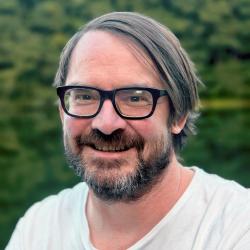
‘It is our mission to revolutionize the construction industry’
Wood fibers are the raw material the company Willowprint uses in 3D printing to create a building material that is completely recyclable and compostable.

Wood fibers are the raw material the company Willowprint uses in 3D printing to create a building material that is completely recyclable and compostable.

Munich-based food technologist Ute Weisz specialises in the extraction, characterisation and modification of plant proteins in order to make them usable for the food industry.
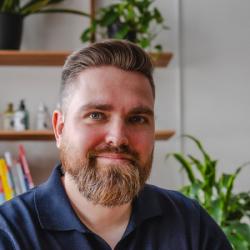
The start-up ValueGrain, led by co-founder Tim Gräsing, has developed a technology that processes spent grain into ‘liquid flour,’ making it usable for the food industry.
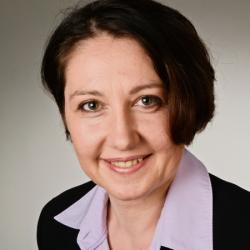
In the “Single Cell Protein” working group, a team led by Monika Konarzycka-Bessler is looking for bacterial strains that utilise CO2 as a source of raw materials for the production of proteins used in the food industry.
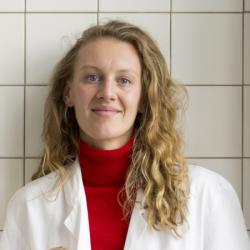
In the MycoColors project, a team led by Friederike Hoberg is investigating the potential of fungi-based dyes for the fashion and textile industries.
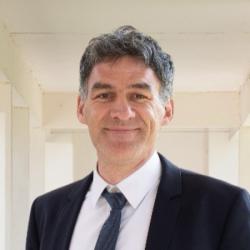
Saxony-Anhalt wants to become a “center of the pea bioeconomy”. A research consortium led by Jochen Reif is laying the groundwork for this.
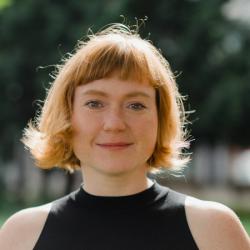
Charlett Wenig is researching the potential of tree bark to establish this previously little recognised raw material as a biomaterial for new applications.
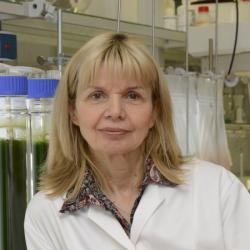
For more than two decades, Carola Griehl has been researching technologies to extract proteins, active ingredients, or petroleum-like hydrocarbons from algae on a large scale and make them usable for industry.
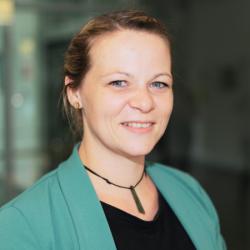
The ‘Biomaterials’ research group led by Ronja Breitkopf at the industrial research organisation INNOVENT not only develops its own sustainable products and processes for the bioeconomy, but also supports research partners to advance innovations.

Soil regeneration with the help of microalgae is the focus of the Berlin start-up Alganize, which develops solutions to improve soil health.
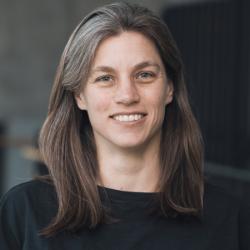
Luisa Gronenberg and her team from the Munich start-up Insempra are developing an innovative bioprocess to produce polyester and polyamides from residual and waste materials. The team is receiving millions in funding from SPRIND.
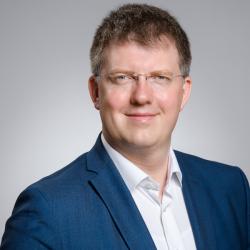
With his company SmartLab Solutions, Felix Lenk is paving the way for the digital and automated laboratory of the future. One of his team's sensor developments, funded by the BMBF, has now made it onto the market.
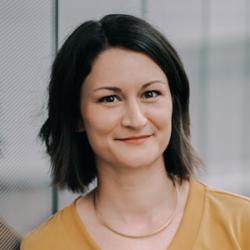
The Potsdam junior research group TAILOR, led by Lena Hochrein, aims to optimize baker's yeast and other yeasts so that they can be used in a variety of ways as a cell factory for the bioeconomy.

Christine Ziegler is researching how plants perceive water stress and the underlying mechanisms. The biophysicist was awarded the Synergy Grant by the European Research Council in 2023.
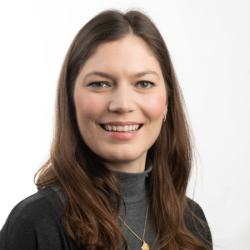
Anja Wagemans wants to give meat substitute products more "bite". To this end, the food technologist is working on the structure formation of alternative plant-based and microbiological biopolymers.
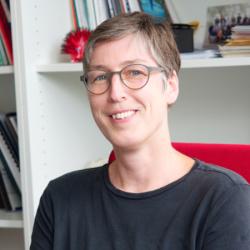
Biochemist Birte Höcker from the University of Bayreuth uses artificial intelligence to create customized proteins. In this interview, she talks about the potential of language models, which work much like ChatGPT, for the development of completely new biomolecules.
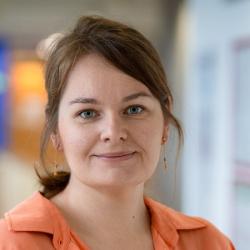
Agnieszka Golicz uses "big data" for the genome-based improvement of crops.
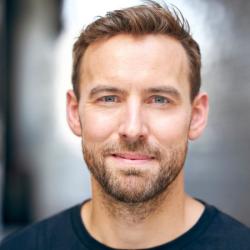
Hamburg-based startup MicroHarvest uses microorganisms to produce healthy and tasty proteins.
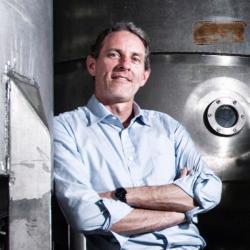
Ian O`Hara is a biotechnology professor in Brisbane and a leading expert on the Australian and international bioeconomy scene. He recently visited Germany.

Nicole van Dam is an expert in chemical plant ecology and researches how plants use natural chemistry to communicate with friend and foe.